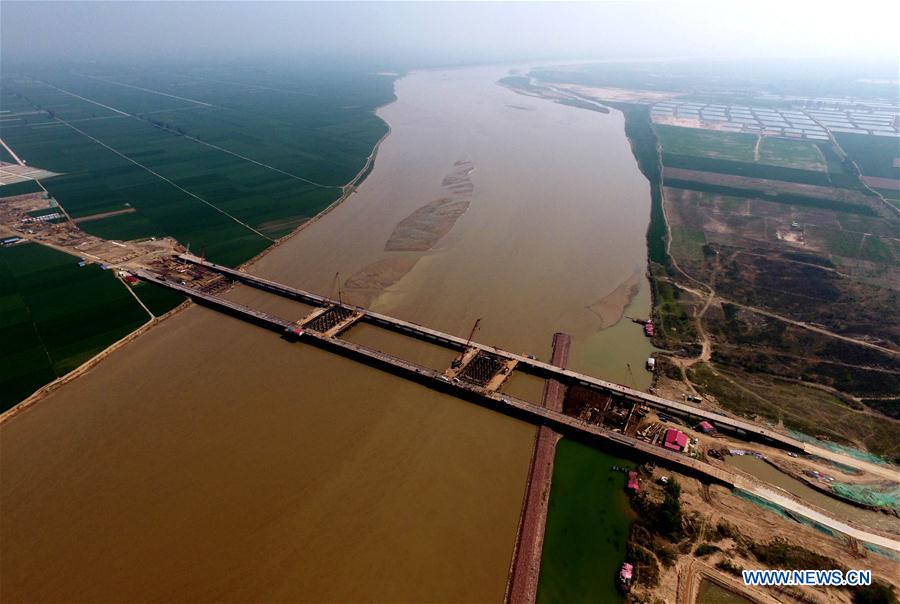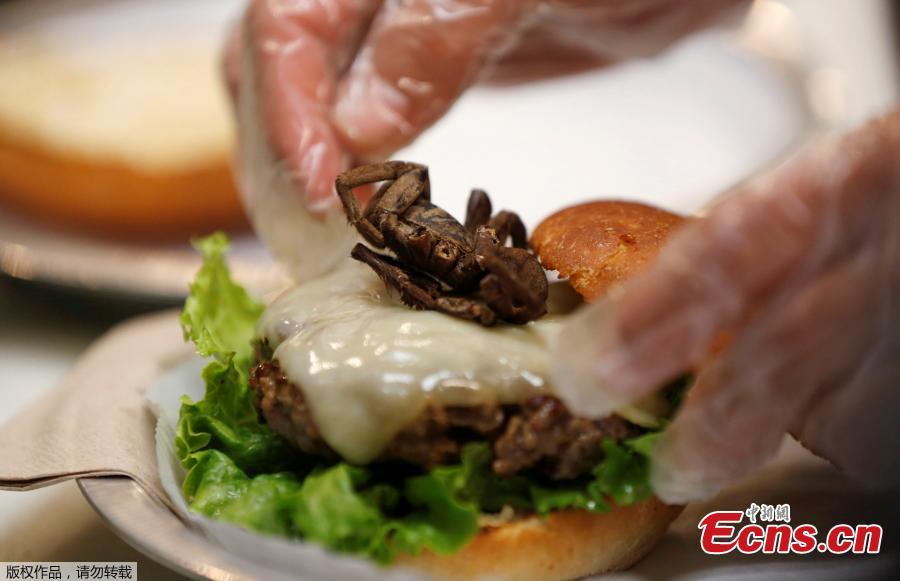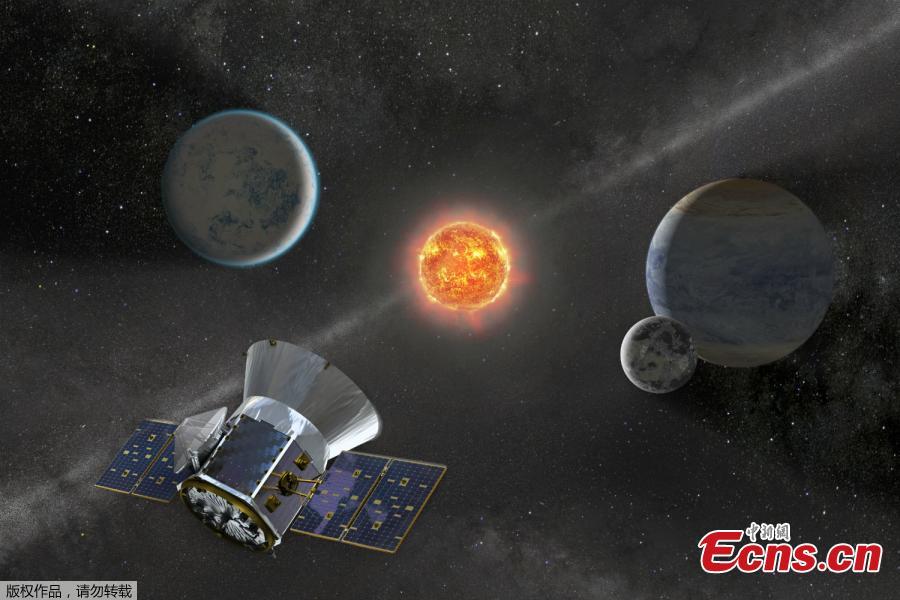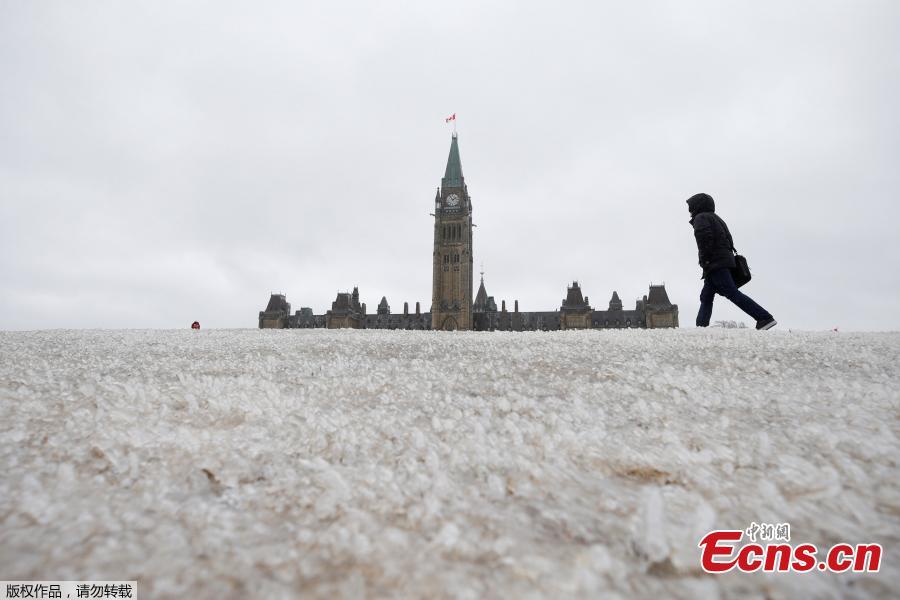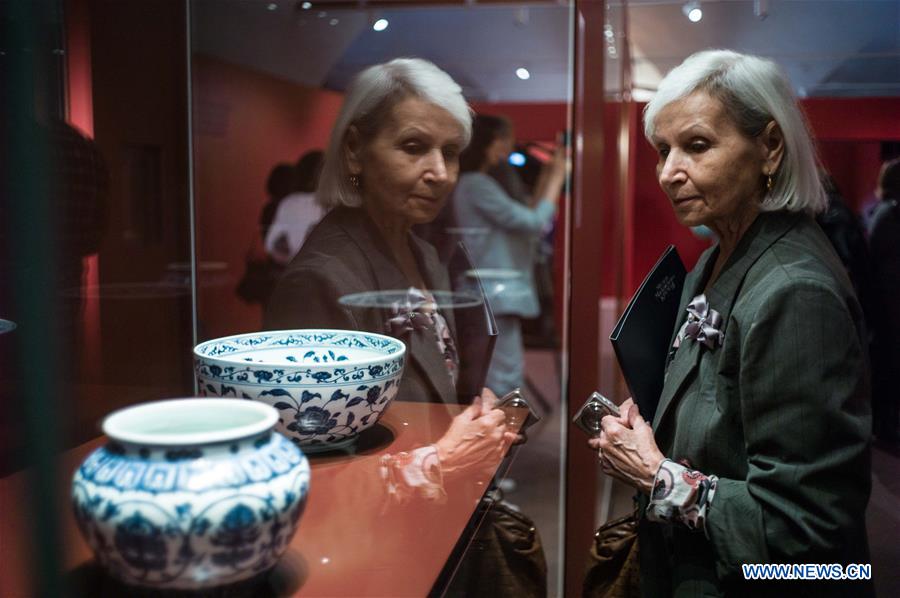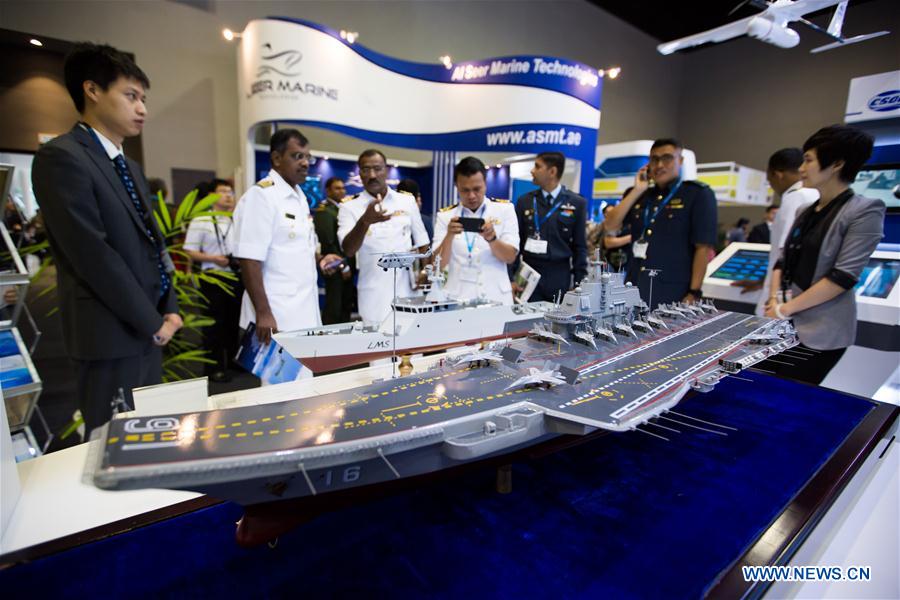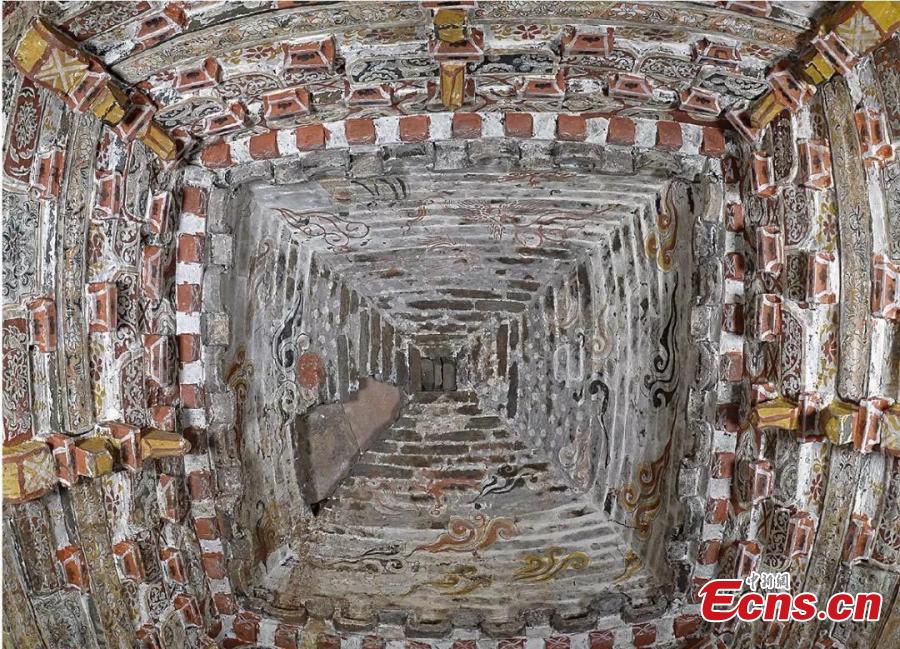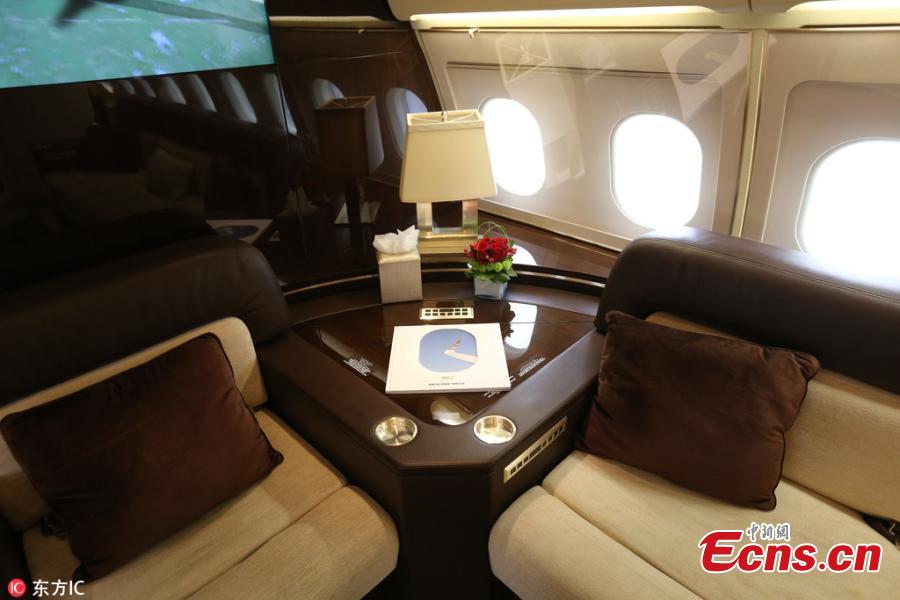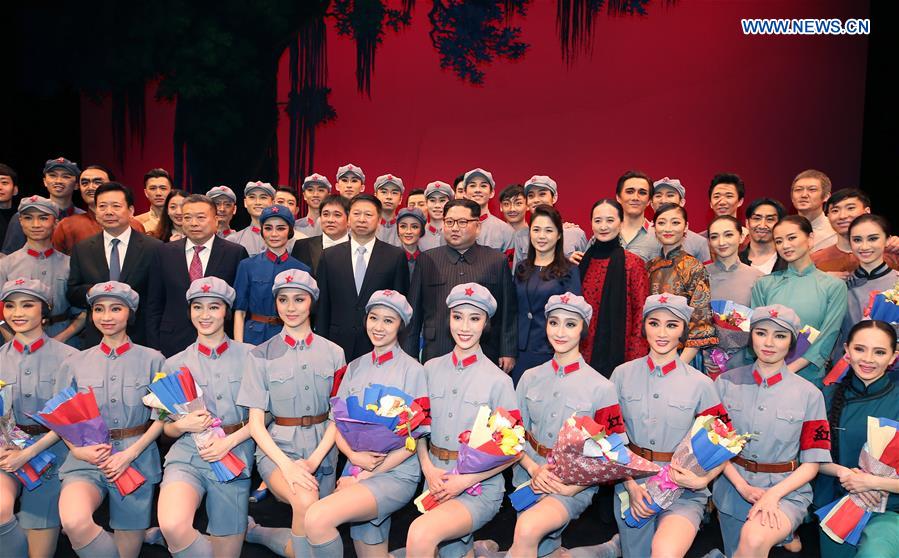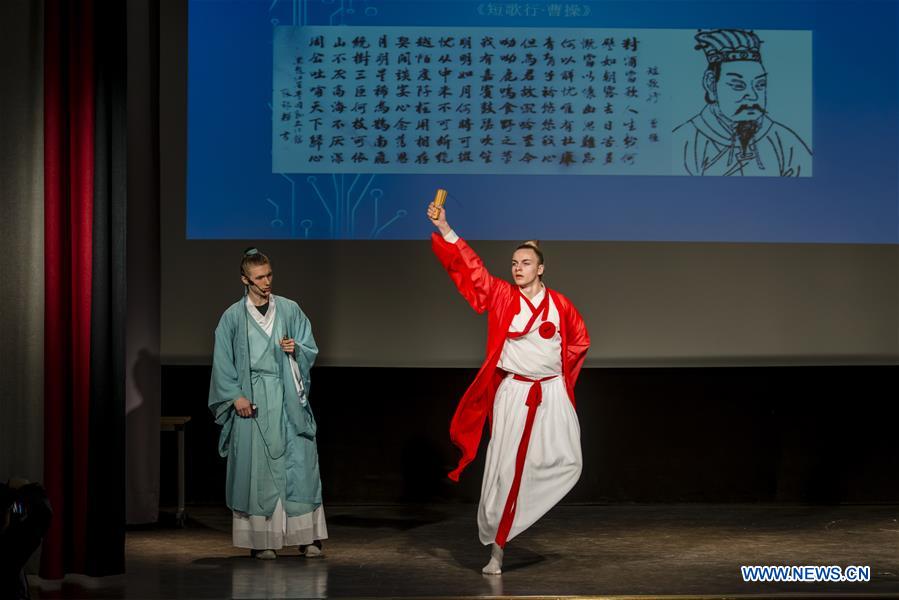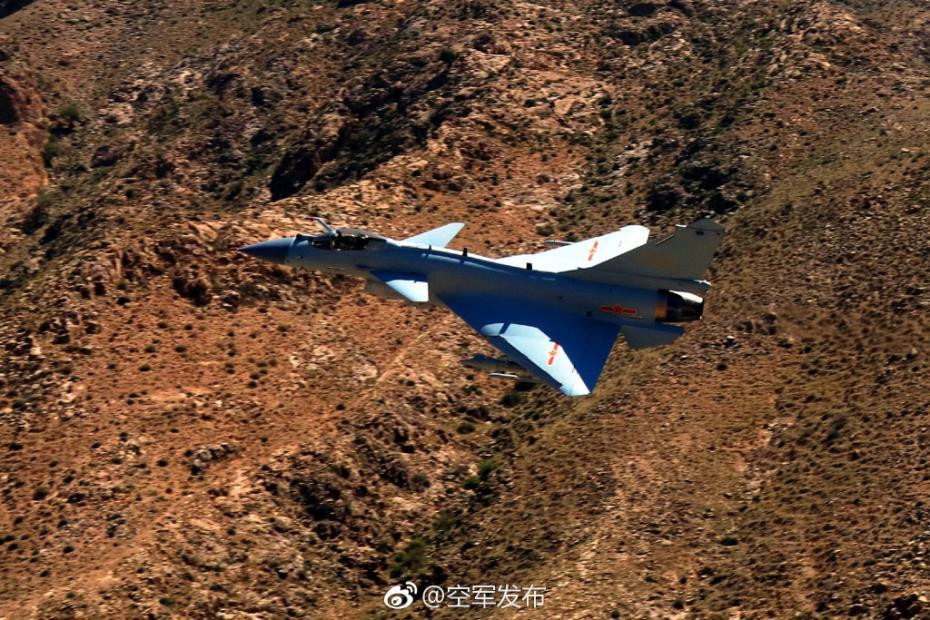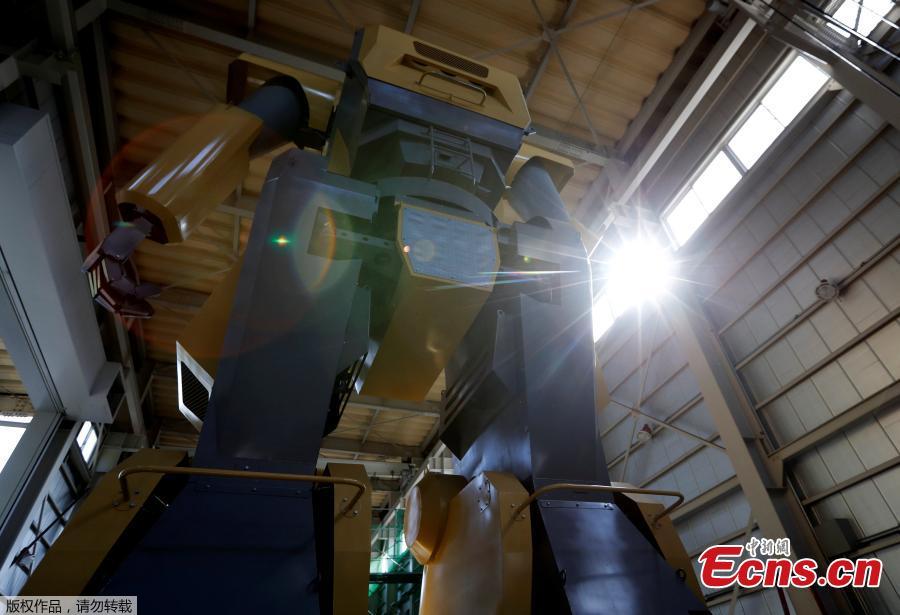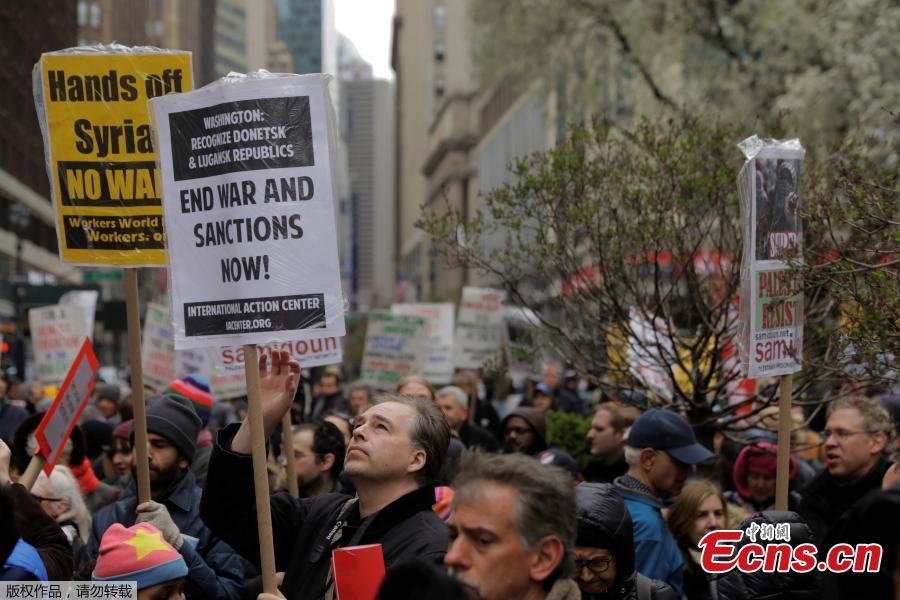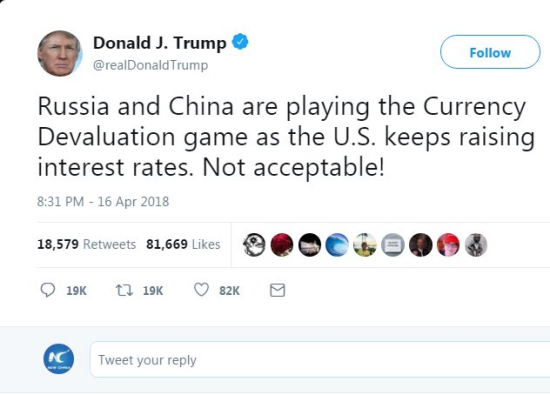
U.S. President Donald Trump's tweet.
A tweet by U.S. President Donald Trump blaming China and Russia for currency manipulation was quickly contested on Monday.
Trump tweeted early Monday morning that "Russia and China are playing the Currency Devaluation game as the U.S. keeps raising interest rates. Not acceptable!"
His words came three days after the U.S. Treasury Department's semiannual report to Congress last Friday that China and five other major U.S. trading partners placed under monitoring ? Germany, Japan, South Korea, Switzerland and India — were not manipulating their currencies.
"This tweet reflects a misunderstanding of currency issues. China's currency has appreciated significantly against the U.S. dollar since Trump took office, which should in principle make U.S. exports more competitive in the Chinese market," said Eswar Prasad, a senior fellow at the Brookings Institution and a former International Monetary Fund China division chief.
Prasad told China Daily that there is little evidence that China is intervening substantially in foreign exchange markets to prevent its currency from appreciating further against the dollar.
"Invoking currency devaluation in the context of the escalating U.S. trade dispute with China is not consistent at this stage with the facts on the ground," said Prasad, author of the recent books Gaining Currency: The Rise of the Renminbi and Dollar Trap: How the U.S. Dollar Tightened Its Grip on Global Finance.
Nicholas Burns, a former U.S. undersecretary of state for political affairs, described Trump's words as "the real danger and risk of Twitter diplomacy by the president when he fires off the tweet without having talked to his advisers and without having confirmed the facts".
"The Treasury report last week did not brand China a currency manipulator. Now the president does. So it makes us look a little bit unstable and unsteady," he said on CNBC on Monday.
He said any president's words are "sacrosanct" and got to have credibility. "This reduces our president's, our country's credibility when he says things that are not accurate," said Burns, now a professor at Harvard's Kennedy School.
Trump had repeatedly accused China of currency manipulation during his 2016 presidential campaign. But three reports issued by the Treasury under Trump did not find that China had manipulated its currency.
On the contrary, the U.S. dollar has weakened substantially in the past year against most currencies, including the Chinese currency, the yuan, also known as renminbi (RMB).
The yuan has gained about 10 percent against the U.S. dollar over the past 12 months, climbing in March to its strongest level since August 2015, according to Bloomberg News.
Yi Gang, governor of the People's Bank of China, the central bank, said on April 11 that China has no intention of manipulating its exchange rate to try to boost trade.
Trump has been accused of inaccuracy in both his tweets and speeches. At a tax-cuts roundtable in Florida on Monday, he again blasted U.S. trading partners by saying "we lose a tremendous number of jobs and money with almost every country we do business with. In many cases, our friends are worse than our enemies in terms of trade deals".
He also reiterated the issue of a $375 billion U.S. trade deficit with China, saying "so we started a process and we'll see how it ends up. But we're going to win."
Trump's blaming other nations for U.S. trade deficits and equating the trade deficit as a loss for the U.S. are dismissed by most economists who say the deficit is caused by the US' own fiscal policy and low savings rate, and a trade deficit does not mean a loss or win.
Trade relations between China and the U.S. have been strained in recent months after the Trump administration threatened tariffs on $150 billion in Chinese imports under Section 301 of the U.S. Trade Act of 1974.
China has vowed to retaliate and announced its proposed tariffs on $50 billion in imports from the US, including soybeans, automobiles and planes.
William Dudley, president of the Federal Reserve Bank of New York, said that the Chinese economy is more complementary rather than competing directly with the U.S. economy.
He expressed on Monday on CNBC that there might be a good outcome to the current dispute, but also voiced concern if the two countries engage in tariff retaliations.
"If trade barriers go up, it's just bad for the U.S. economy. We're going to have more inflation, less growth, low productivity, just a bad, bad outcome," he said.











